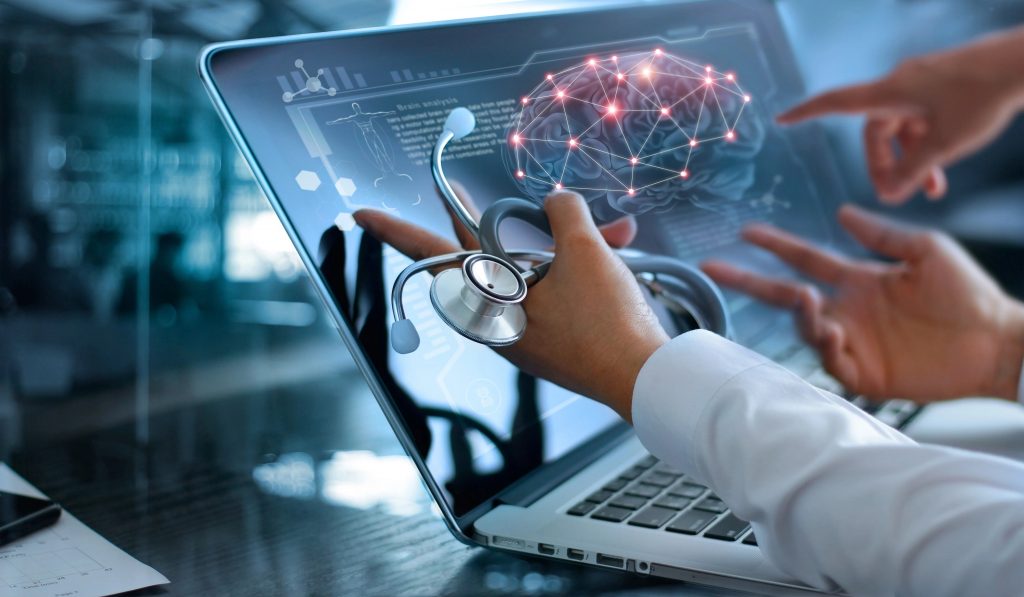Education & Career Trends: June 28, 2024
Curated by the Knowledge Team of ICS Career GPS

Article by Microsoft, published on LinkedIn.
For years, we’ve heard predictions about AI transforming medicine. Today, that transformation is a reality. Nearly 80% of healthcare organisations now leverage AI, reducing repetitive tasks and enabling more precise treatments.
In this blog, we explore how AI is revolutionising personal wellness and healthcare innovations. From aiding doctors in cancer detection to supporting mental health, AI is making significant strides.
AI in Breast Cancer Detection
AI is enhancing cancer detection rates. In the UK, an AI solution called Mia is helping doctors detect 12% more breast cancers than traditional screenings. With mammograms missing tumours in about 20% of cases, AI is crucial in bridging this gap.
Teen Author Conquers Anxiety with AI
Judah Friedman, a 13-year-old author, used AI to overcome his anxiety after moving to a new city. With help from his father, a Microsoft executive, Judah turned his school essay into an illustrated book, “Max & the Purple Anxiety Monster,” which explores the power of naming and taming fearful feelings.
Physical Therapy Innovations
At FYZICAL Therapy & Balance Centers, AI plays a role in patient recovery. Retired pharmacist Murray Stollwerk, 85, regained his balance and confidence after a fall thanks to their AI-enhanced physical therapy sessions. FYZICAL has opened 150 new U.S. locations, utilising seven Microsoft 365 apps to scale its operations.
AI in Oncology
In Portland, Oregon, Dr. Rom Leidner of Providence Cancer Institute uses AI to streamline patient data analysis. AI tools help match patients with suitable clinical trials, advancing cancer treatments. Providence’s collaboration with Microsoft aims to refine these AI prototypes, ultimately improving patient outcomes.
Reverse Prompting: A Personal Touch
Peter Lee, president of Microsoft Research, coined the term “reverse prompting” to describe AI’s role in personal health. Lee used AI to prepare for a critical conversation with his father’s doctor, showcasing AI’s potential in everyday health management.
AI’s integration into health care is no longer a future promise but a present reality, enhancing both medical practices and personal wellness. As technology continues to evolve, its impact on health care will only grow, offering new solutions and hope for better health outcomes.
…
Have you checked out yesterday’s blog yet?
How to Deal with Academic Burnout?
(Disclaimer: The opinions expressed in the article mentioned above are those of the author(s). They do not purport to reflect the opinions or views of ICS Career GPS or its staff.)
Like this post? For more such helpful articles, click on the button below and subscribe FREE to our blog.




One Reply to “Impact of AI in the Health Sector: A New Era of Healthcare”